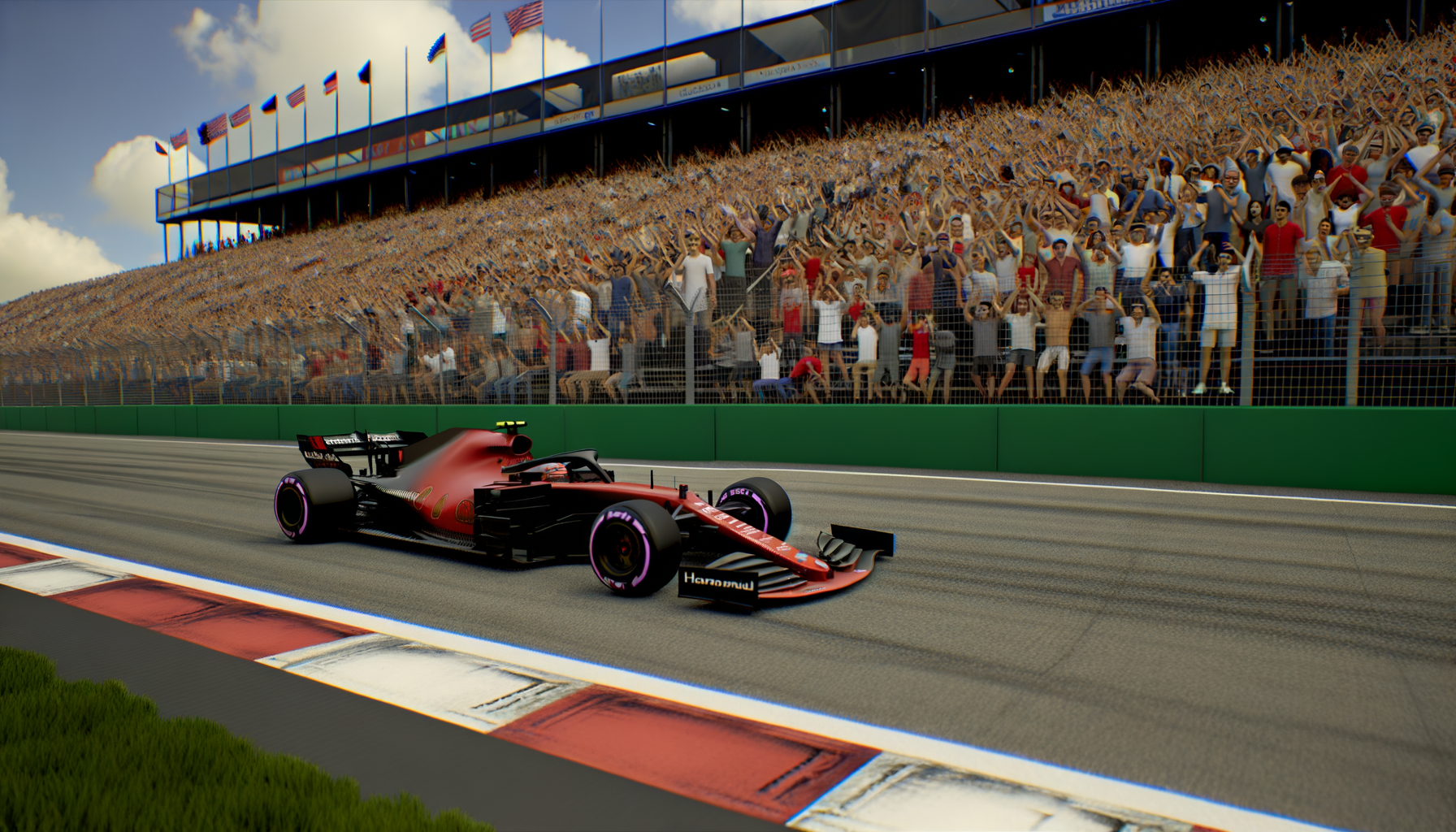George North on concussions, pressure and Welsh rugby's future
Former Wales centre George North opens up about concussion struggles, the pressure of professional rugby, and what lies ahead for Welsh rugby.

By Editorial
Introduction to George North's perspective on Welsh rugby
George North, one of Wales' most celebrated rugby centres, recently shared candid insights into the challenges he has faced with concussions and the intense pressure of playing at the highest level. His reflections also touch on the broader future of Welsh rugby, a topic of great importance to fans and stakeholders alike. This article explores North's views in detail, shedding light on player welfare, rugby's evolving landscape in Wales, and the potential pathways forward.
Understanding the impact of concussions in rugby union
Concussions have become a critical issue in rugby union, with growing awareness about their long-term effects. North's experience exemplifies the physical toll the sport can take. He has spoken openly about the difficulty of coping with multiple concussions, which not only affect physical health but also mental wellbeing.
Rugby union's governing bodies have introduced stricter concussion protocols to protect players, including mandatory head injury assessments and graduated return-to-play guidelines. These rules aim to balance the game's physicality with player safety. For instance, the BBC recently highlighted rugby union's concussion rules, underscoring the importance of early detection and cautious management.
The pressure of professional rugby and its toll on players
Beyond the physical challenges, North emphasises the psychological pressure players endure. Representing Wales on the international stage carries immense expectations from fans, media, and the rugby community. This pressure can exacerbate the stresses related to injury recovery and performance.
North's openness about these pressures helps destigmatise mental health struggles within professional sport. His story encourages conversations about support systems for athletes, from medical teams to mental health professionals, ensuring players are equipped to handle both physical and emotional demands.
The future of Welsh rugby: challenges and opportunities
Looking ahead, North's insights prompt reflection on Welsh rugby's direction. The national team has a storied history, but recent performances have shown inconsistencies, partly due to injuries and player availability.
Developing young talent and integrating them effectively into the senior squad is vital. Wales also faces competition from other rugby nations investing heavily in their programmes. Strategic planning, enhanced player welfare, and embracing innovations in training and recovery will be key to reclaiming a top position in world rugby.
Moreover, the growth of women's rugby in Wales, with the introduction of professional teams, represents an exciting advancement. It broadens the sport’s appeal and talent pool, signalling positive momentum for rugby's inclusive future in the country.
Case studies: Player welfare initiatives in rugby
Several rugby unions have taken proactive steps to address concussion and player welfare. For example, the Welsh Rugby Union (WRU) has partnered with medical experts to refine concussion protocols and educate players from grassroots to elite levels.
Similarly, the English Premiership clubs have implemented advanced monitoring systems to track players' health, reducing injury risks. These initiatives demonstrate a growing commitment across rugby to safeguard athletes' wellbeing without compromising the sport's competitiveness.
Lessons from other sports on managing player health
Insights from other sports also inform rugby's approach. In horse racing, for instance, jockey safety has been a focus following recent incidents at York Racecourse, highlighting the importance of swift medical response and preventive measures. Such cross-sport learnings can benefit rugby's ongoing efforts to enhance player safety.
Conclusion: Moving forward with awareness and resilience
George North's reflections spotlight the complex realities of professional rugby — the interplay of physical risk, mental pressure, and the passion for representing Wales. His openness encourages a culture of greater awareness and support around concussion management and player welfare.
Welsh rugby stands at a crossroads, with challenges to overcome but also significant opportunities to innovate and grow. By prioritising player health and fostering new talent, Wales can look forward to a robust and inspiring rugby future.
For more insights into player safety in sport, see our detailed coverage on jockey safety and recent incidents at York Racecourse. Additionally, stay updated on key developments in football with our latest on Premier League and beyond key football transfers September 2025.
Related topics
Editorial
Sports expert at SportsScoop
Specialist in sports analysis and journalism
Related articles
Want to read more?
Explore our comprehensive collection of sports articles and analysis, or contact us for more information.



